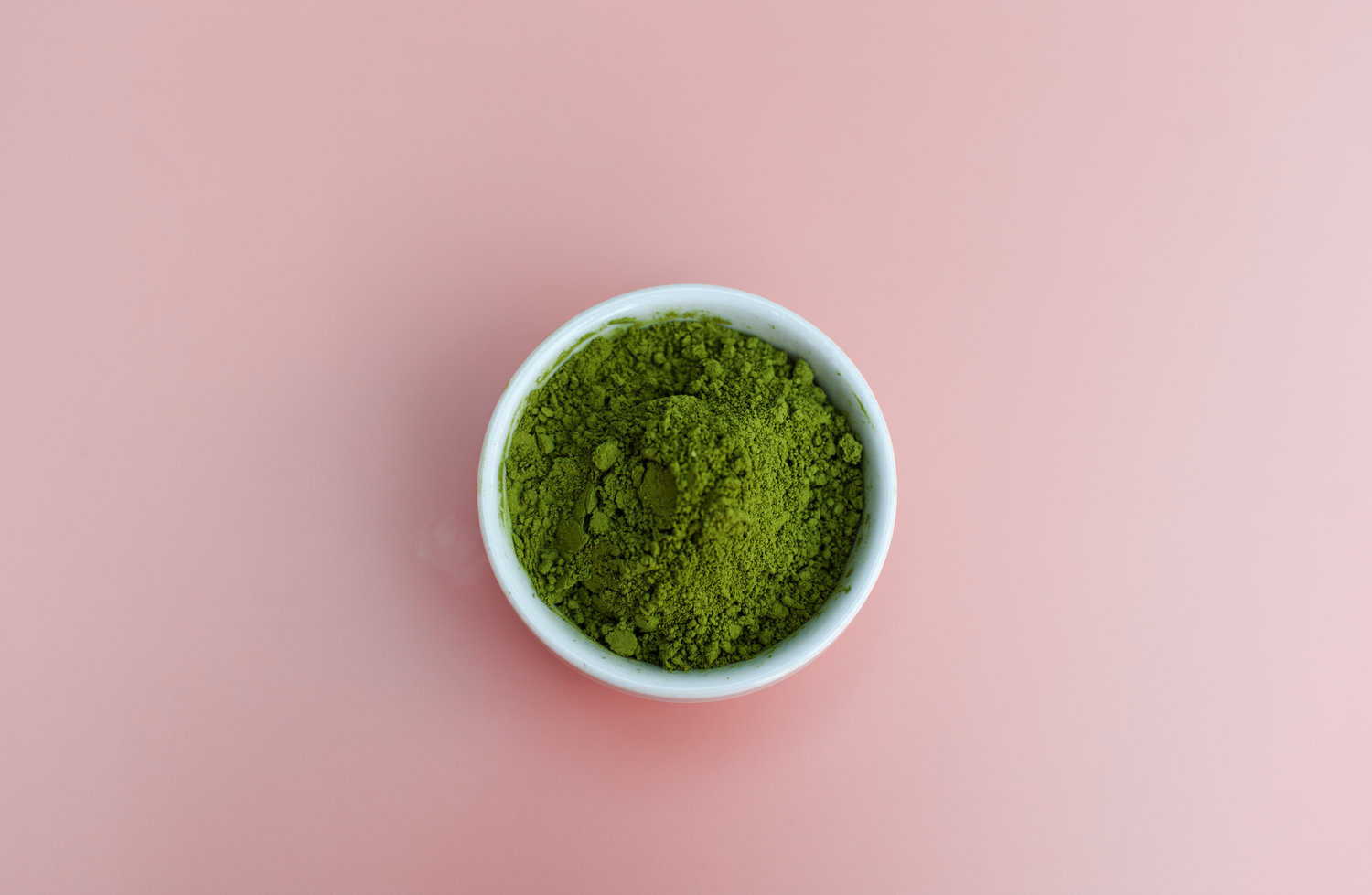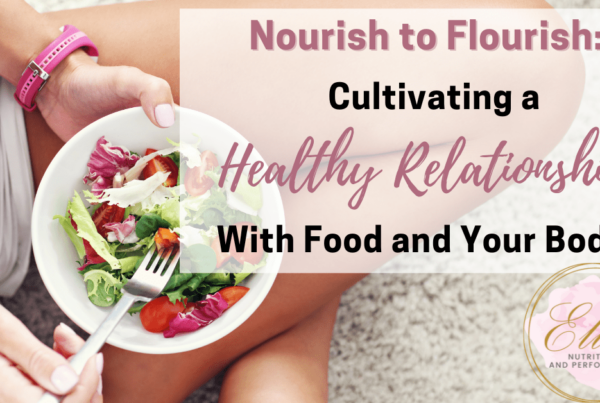There are an overwhelming amount of dietary supplements on the market, each seems to offer a different claim to improve your health or athletic performance. One of these products are green powders that are touted for helping provide one or even multiple servings of vegetables. But are they really the same as eating vegetables regularly? Are these products worth your investment or are green powders a waste of money?
What are green powders?
Green powders are plant-based supplements typically intended to be mixed into water, smoothies, or other beverages to help you reach your daily recommended intake of veggies. Some people even mix them into homemade salad dressings, dips, soups, or sprinkle them on top of various dishes.
They are typically made from a blend of green vegetables, such as kale, spinach, other leafy greens, spirulina and other seaweed, or edible grasses. Additionally, they often incorporate other plants like mushrooms, beets, carrots, berries, or tomatoes, as well as probiotics, digestive enzymes, natural sweeteners, extracts, and extra fiber.
Most green powders carry claims of having many health benefits. These may include immune-boosting properties, antioxidants and other potent plant compounds, having the ability to improve your energy levels, or promoting your body’s natural detoxification processes.
What does the research say about green powders?
The plant-derived ingredients used in green powders are rich sources of antioxidants and polyphenolic plant compounds that have anti-inflammatory properties and could help neutralize free radicals.
The blend of veggies used in green powders are usually a good source of micronutrients, such as vitamins A, K, and C. They also contain minerals like selenium, chromium, iron, copper, and iodine, depending on what’s used.
A 2011 study published in the International Journal of Molecular Science examined the effects of taking two tablespoons (10 grams) of green powder per day for 4 weeks. The 10 participants experienced a nearly 30% reduction in blood levels of proteins that had oxidative damage, suggesting the antioxidant power of the greens.
In another study, 40 people with high blood pressure took the same amount of green powder daily for 90 days. Subjects experienced an 8% reduction in both systolic and diastolic blood pressure, compared to no change in the control group.
While many of the plants in green powders do contain beneficial vitamins and minerals, most of the scientific studies conducted specifically on green powders have been funded in some part by product manufacturers.
There is also some concern over possible contaminants found in green powders. An independent study by consumer labs found that out of 13 tested products, 4 were contaminated dangerous levels of lead. One had large quantities of arsenic and another was contaminated with cadmium. With fresh fruits and vegetables, it is much less likely to consume dangerous levels of these heavy metals.
Furthermore, while green powders often claim to boost your energy levels, this may be because many of them contain energy-boosting additives, like caffeine and catechin polyphenols from green tea extract.
Are green powders a waste of money?
While many people see the claims and long plant-based ingredient list on green powders and are drawn to its convenience, these supplements are in no way a substitute for whole plant foods.
Incorporating a wide variety of whole fruits, vegetables, legumes, whole grains, nuts, and seeds into your overall healthy diet is the best way to get the nutrients you need for optimal health. When you eat plants in their whole, raw form, you’re getting all of their natural fiber – not the fiber compounds that are added after processing to green powders, like inulin, rice bran, or apple fiber.
Although they will never replace a diet rich in fresh fruits and vegetables, green powders do make a good option for athletes on the go. Having one of these products on hand may be useful for when you are traveling and it is difficult to find fresh produce. But in the end, everyone needs fresh fruits and veggies for optimal health.
If you’re wondering whether to spend your money on green powders, my recommendation is to invest elsewhere – like the produce section – instead.
References
-
Rao V, Balachandran B, Shen H, Logan A, Rao L. In vitro and in vivo antioxidant properties of the plant-based supplement greens+™. Int J Mol Sci. 2011;12(8):4896-4908. doi:10.3390/ijms12084896
-
Zhang J, Oxinos G, Maher JH. The effect of fruit and vegetable powder mix on hypertensive subjects: a pilot study. J Chiropr Med. 2009;8(3):101-106. doi:10.1016/j.jcm.2008.09.004
-
Dulloo AG, Duret C, Rohrer D, et al. Efficacy of a green tea extract rich in catechin polyphenols and caffeine in increasing 24-h energy expenditure and fat oxidation in humans. Am J Clin Nutr. 1999;70(6):1040-1045. doi:10.1093/ajcn/70.6.1040
Source link








